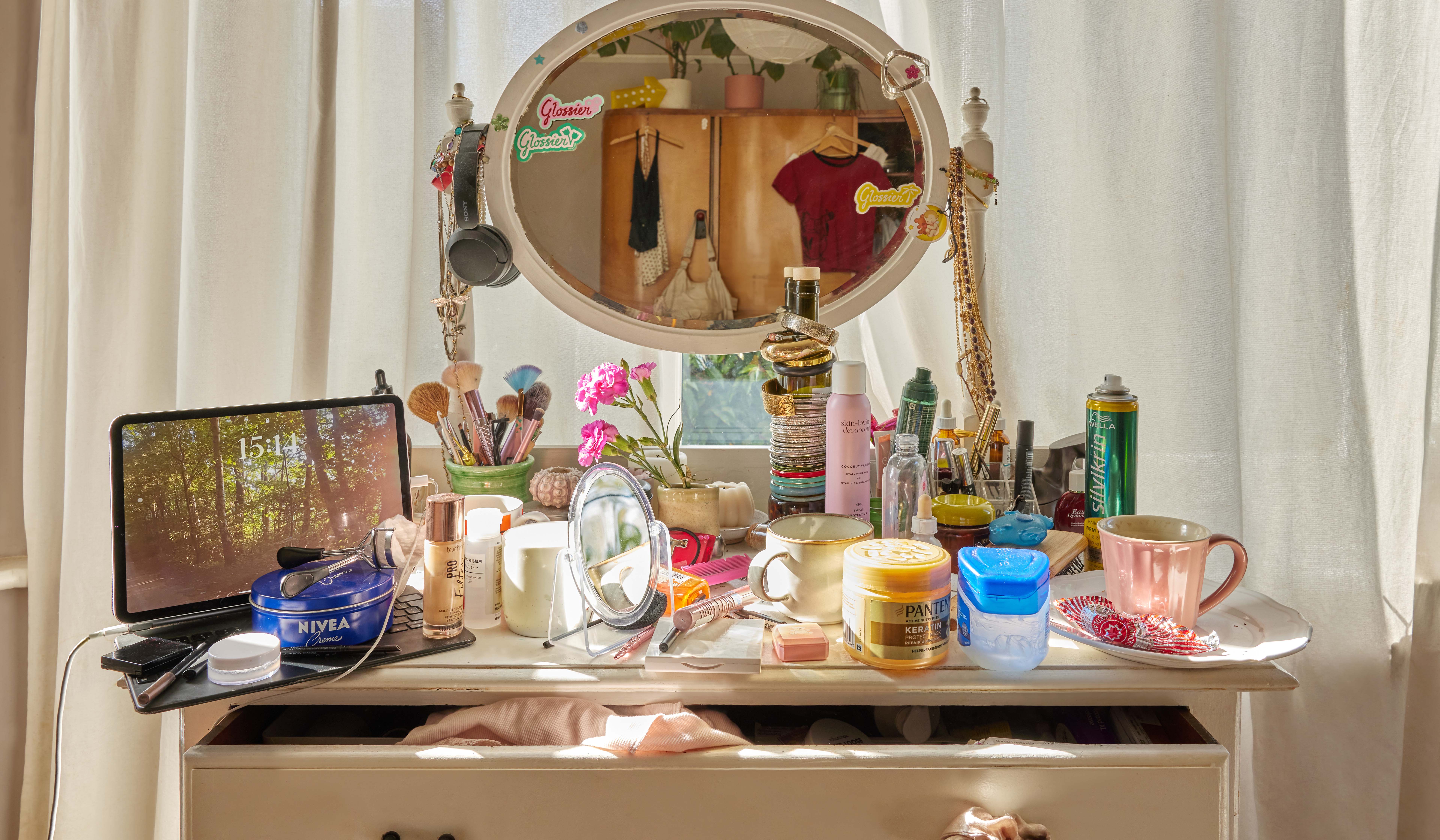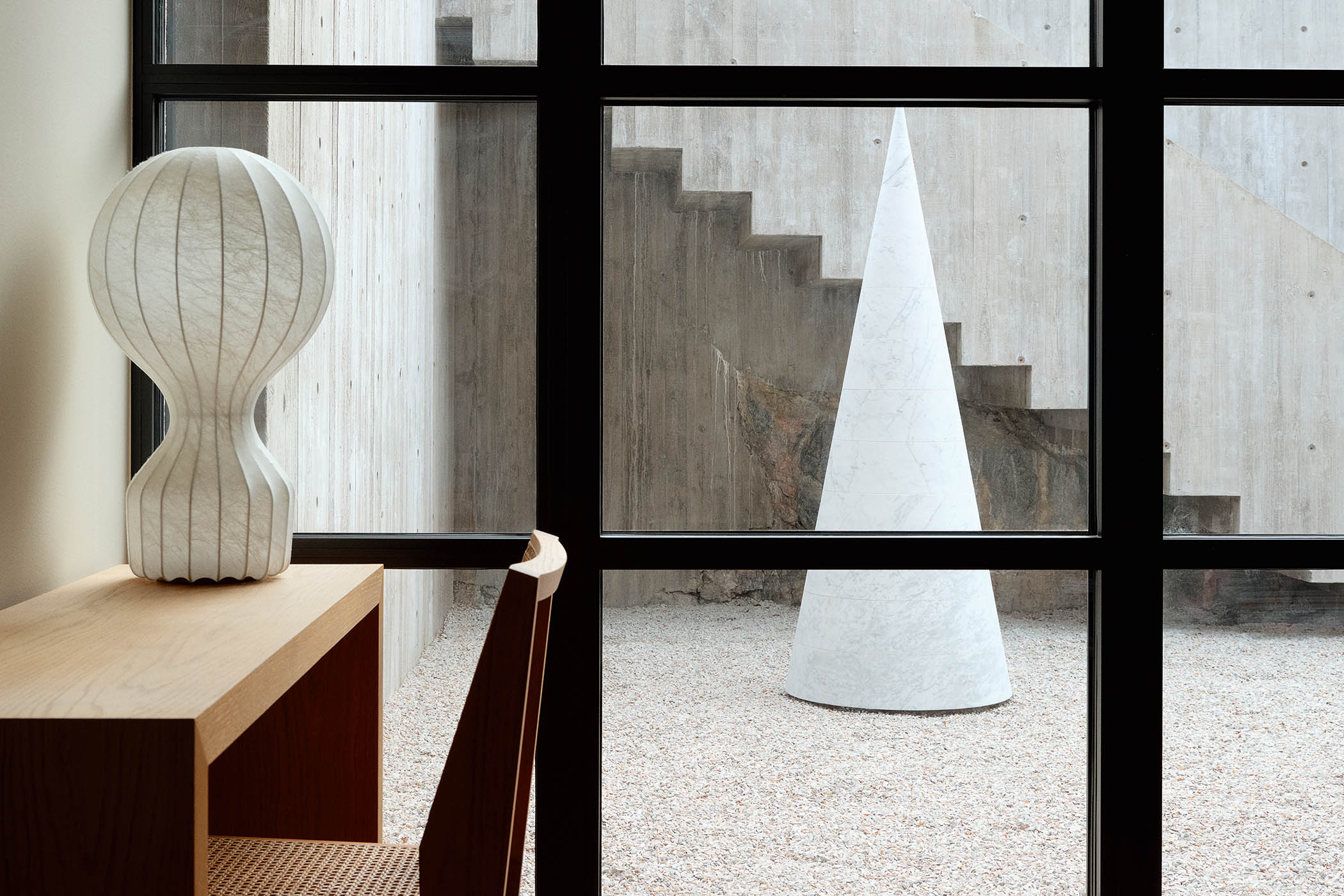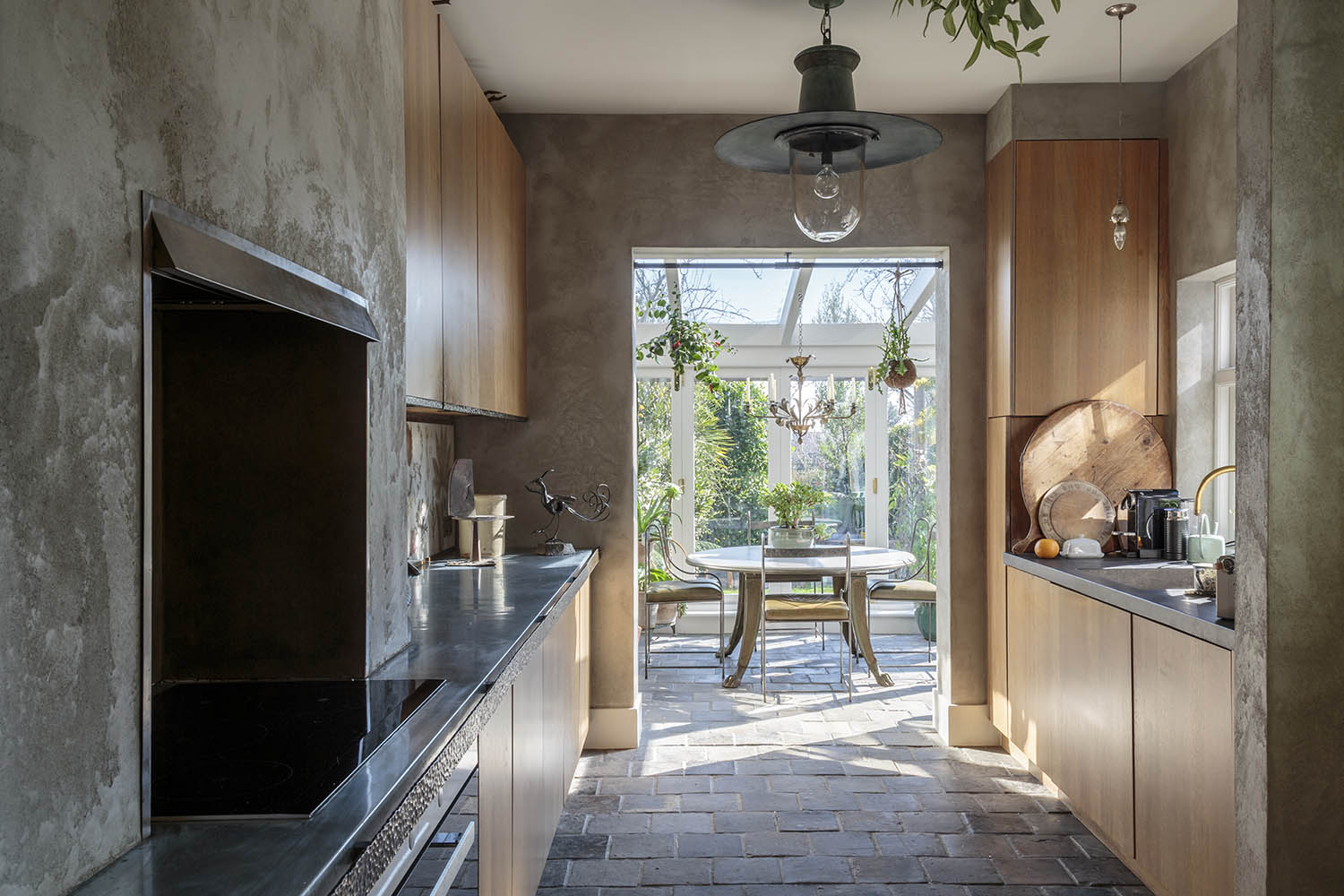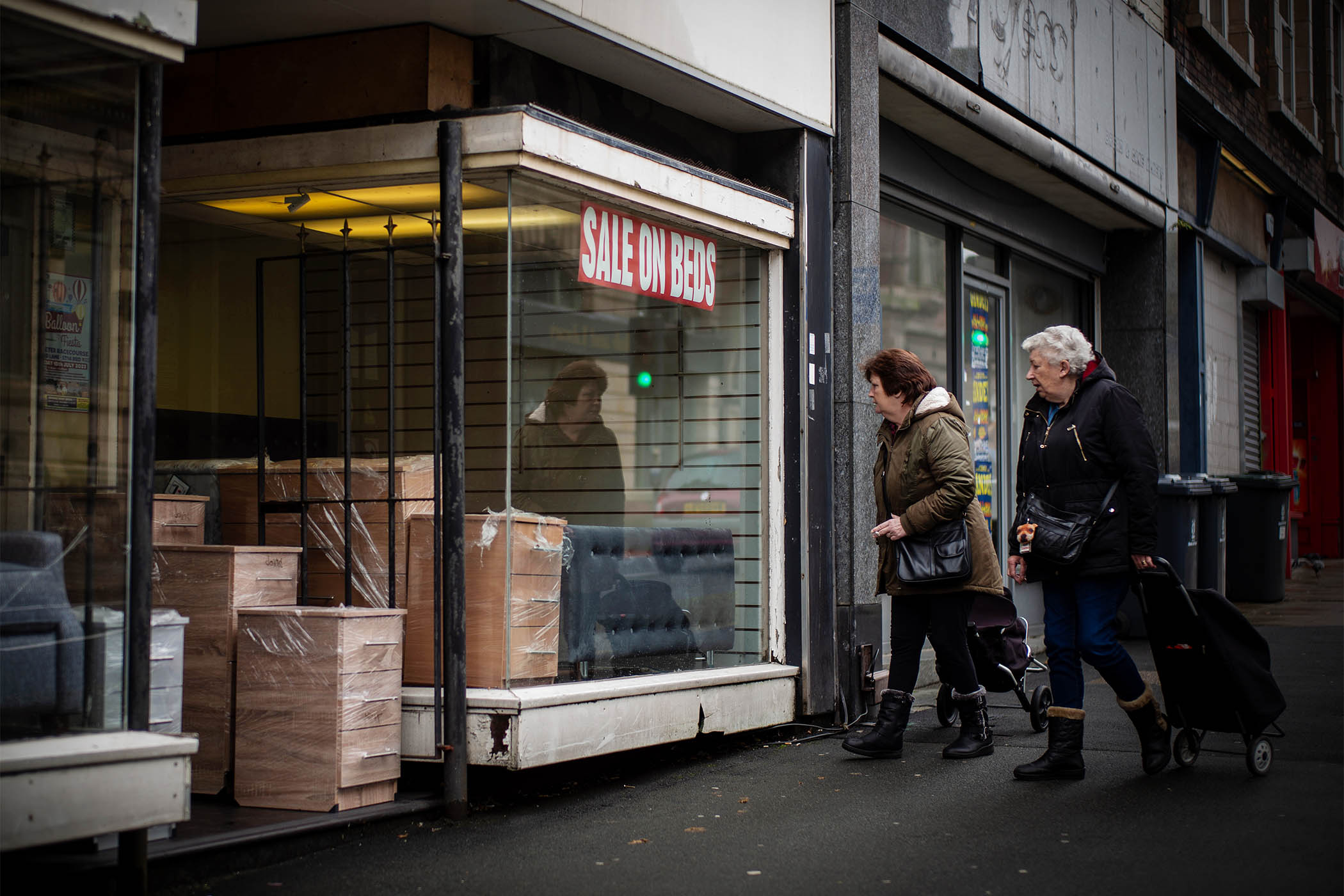
Minimalism is for the stark, neurotic, emotionally withheld people
Photograph by Shaw + Shaw
‘Love me, love my mess’, read a fridge magnet in the most neurotically tidy house I’ve ever visited. ‘A clean house is a sign of a wasted life,’ was another. Many such magnets and not a cushion tassel out of place. An oddly troubling memory. I’d have been far more comfortable had there been mess.
A few decades ago, minimalism became our dominant décor. That’s when our homes became stark, neurotic, emotionally withholding. Is there a difference between mess and untidiness? Some say the presence of organic matter. Unwashed plates, laundry piles, dog hair everywhere? Mess. Untidiness is more palatable: it implies a place for everything, but nothing in its place. The distinction needn’t concern us. Let’s agree that all tidying is an act of timidity, in the face of bourgeois mores. Teenagers know what time it is. Not literally.
What does mess feel like? Stress, to some. A cave, to others. A nest. Jumbles of discarded clothes, softnesses gathered birdlike, woven into a womb. It’s hard to know our selves: that enigmatic, fugitive space within. Instead, try seeing your home, externally filled with the things that meet your needs and preferences. That’s your psyche. It even smells like you, not that you’d know it.
Have you entered the house of someone who hasn’t tidied up, recently? It’s shockingly intimate. But why would we deny someone this chance to know us? Tidying is Sisyphean anyway. Use the extra time to cook, gossip or gaze at a cloud. That’s what we’re meant to be doing. Next time you have a visitor, give them the gift of not tidying up. Let them in. A hot mess is better than a cold house.
Related articles:






